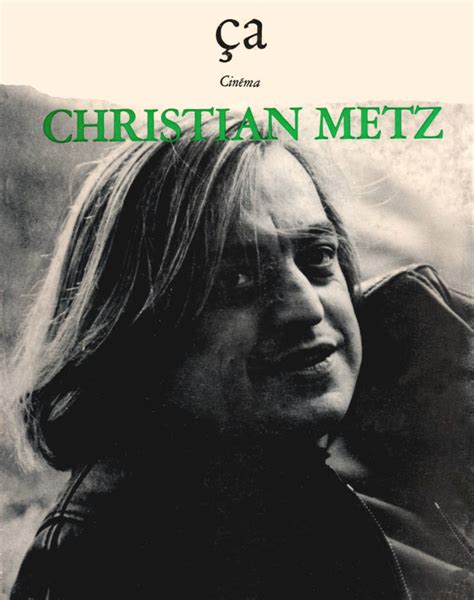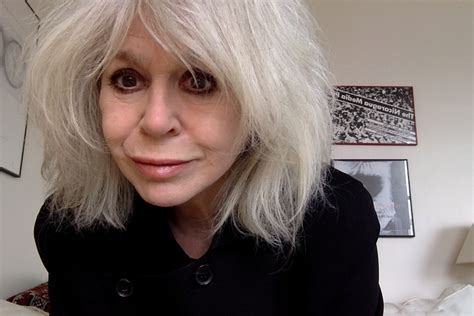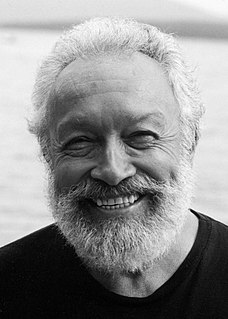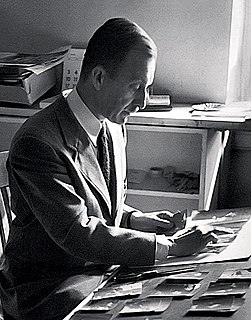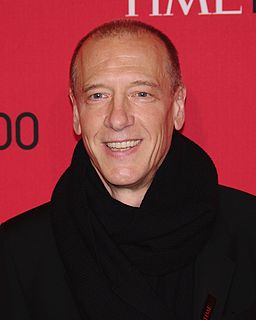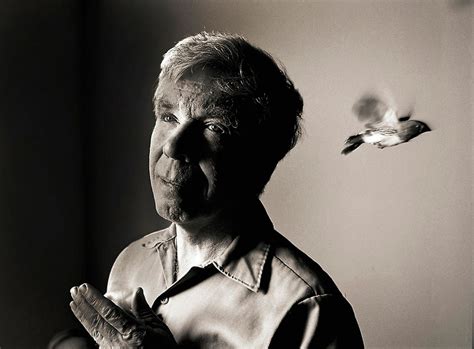A Quote by Janet Malcolm
[The] arresting of time is photography's unique capacity, and the decision of when to click the shutter is the photographer's chief responsibility.
Quote Topics
Related Quotes
One view of photography is that it is a zen-like act which captures reality with its pants down - so that the vital click shows the anatomy bare. In this, the photographer is invisible but essential. A computer releasing the shutter would always miss the special moment that the human sensibility can register. For this work, the photographer's instinct is his aid, his personality a hindrance.
Different levels of photography require different levels of understanding and skill. A "press the button, let George do the rest" photographer needs little or no technical knowledge of photography. A zone system photographer takes more responsibility. He visualizes before he presses the button, and afterwards calibrates for predictable print values.
To us, the difference between the #? photographer as an individual eye and the photographer as an objective recorder seems fundamental, the difference often regarded, mistakenly, as separating photography as art from #? photography as document. But both are logical extensions of what photography means: note-taking on, potentially, everything in the world, from every possible angle.


